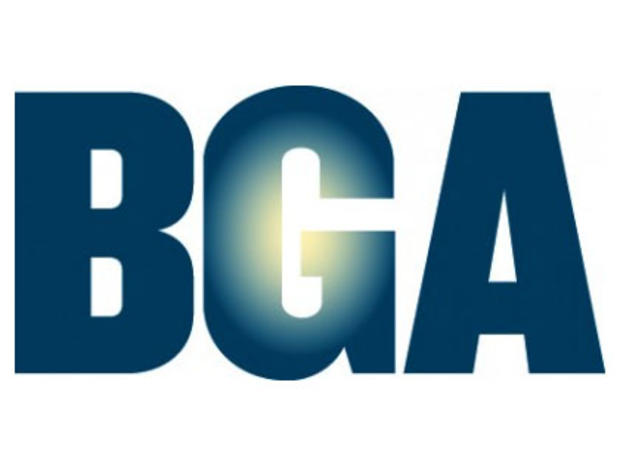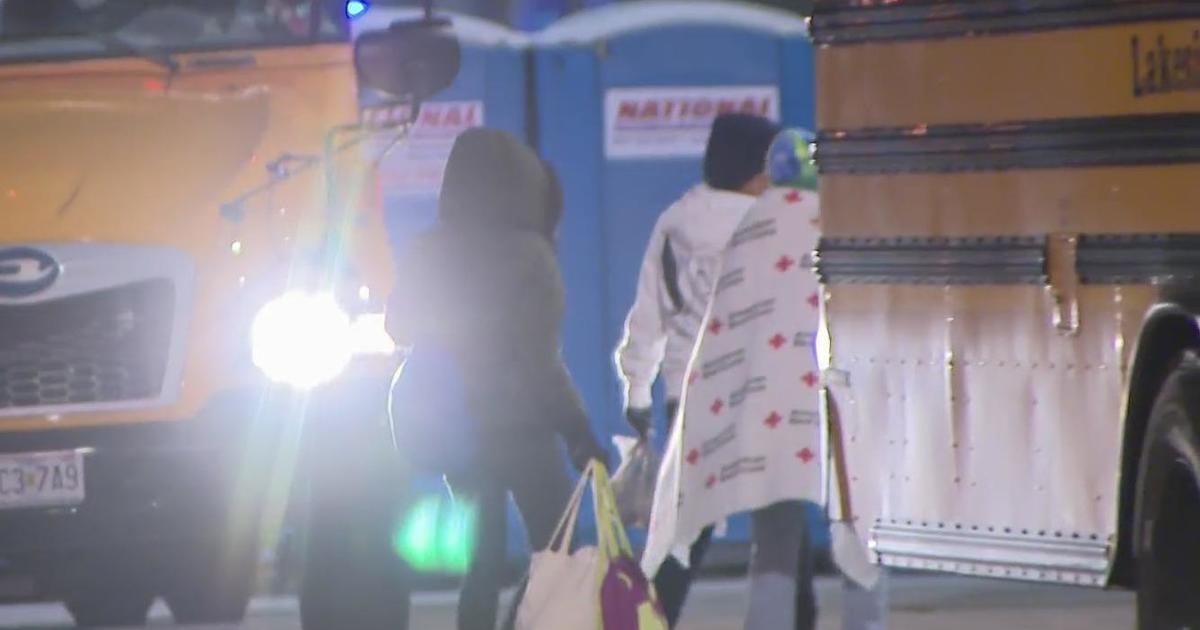2 Investigators: Green Tech Boondoggle
CHICAGO (CBS) -- A $5 million dollar deal with a company called Solargenix was supposed to bring the city a new factory and jobs and save millions on the city's energy bills.
But as CBS 2 and the Better Government Association found, the deal announced seven years ago by then-Mayor Daley did not live up to expectations.
Tonight Pam Zekman reports on the difference between Daley's vision and the reality.
The vision: Use the sun's energy to heat water with solar panels on 100 city buildings. The estimated savings: $7 million over 30 years.
It turns out only 27 city buildings got the panels installed before the program was suspended.
Why? A city spokesperson says the cost of installation outweighed the energy savings from the panels.
"Obviously, the vetting wasn't done properly and that explains in part why this turned out to be a fiasco or boondoggle," BGA president Andy Shaw says.
The city paid Solargenix $2.8 million to buy about 1,200 panels and install some of them. Jeff Myles, vice president of Solargenix, says the company did nothing wrong.
"We performed that contract. We delivered the product. We were paid," he says.
Pacific Garden Mission is one of several organizations to which the city donated 400 panels. It got 100 of them, worth $167,000.
But David Fuller, the mission's facilities manager, says the installation costs totaled a whopping $420,000, with little energy savings to show for it.
"Bottom line for me is we wouldn't do it again," he says.
Solargenix leased space in a building owned by Richard Simon, former Mayor Daley's neighbor and a former Chicago Convention and Tourism Bureau chairman.
"It's another example of the way things have always worked here in town -- the insiders get most of the business and the deals and the taxpayers get the shaft," Shaw says.
The deal included a $1.7 million interest-free loan the city gave Solargenics. It paid back $340,000, but then negotiated an agreement to pay the remaining $1.3 million by giving the city 1,000 more solar panels.
A city warehouse now stores 465 of them, worth about $700,000.
"It sounded like a great green initiative, but I think the taxpayers of Chicago are more likely to be seeing red," Shaw says.
Solargenix says it lost money because the program was scaled back. It also says it was not steered to Simon's building and it paid market value for the rent.
Simon says his city connections had nothing to do with leasing space to Solargenics.




